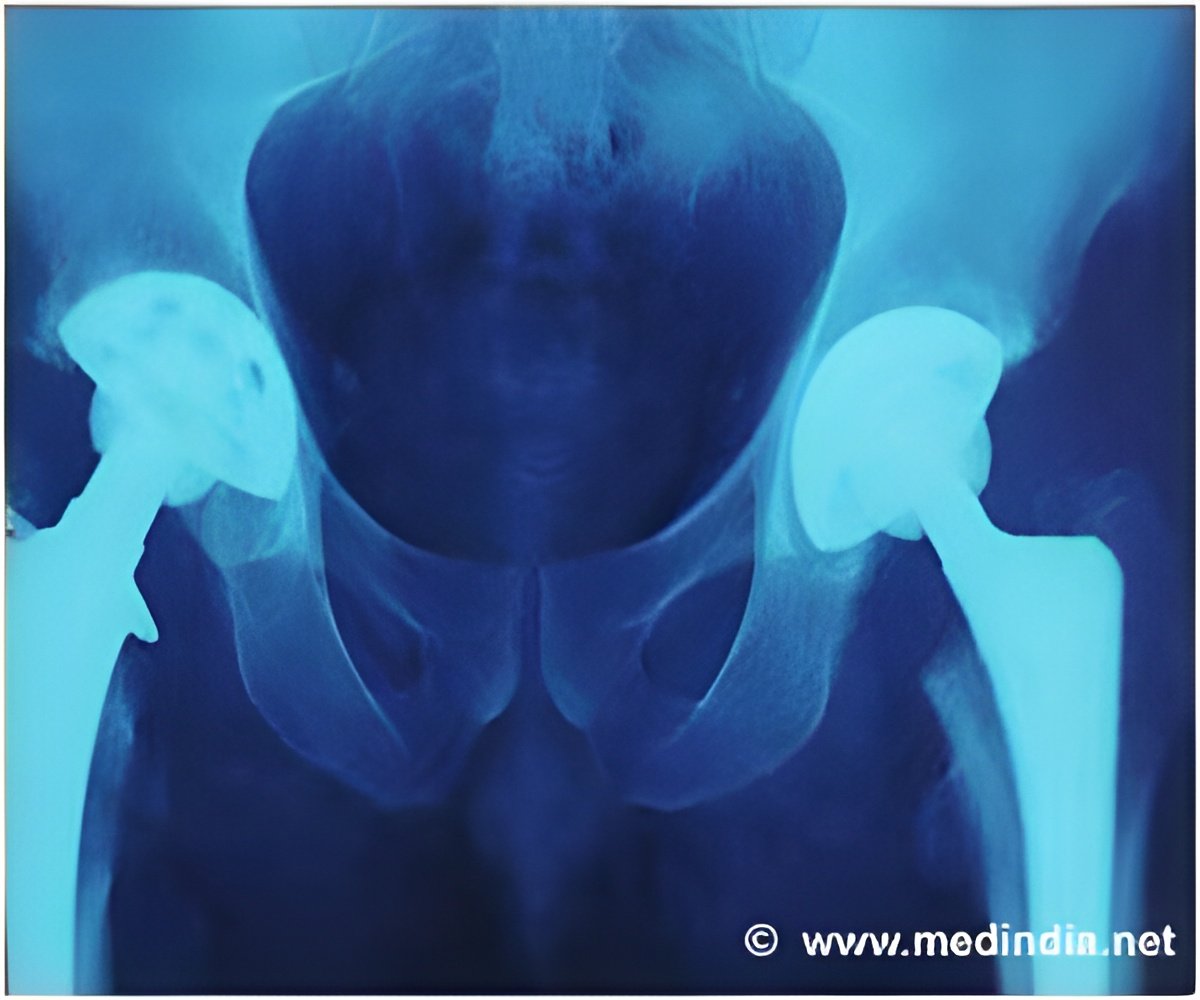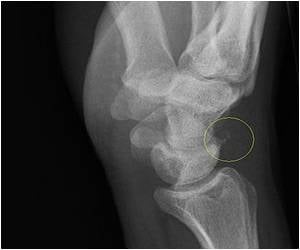Artificial joint implants like hip replacements might be repaired by a sugar-containing polymer coating one day when they are damaged through wear and tear.

‘Artificial joint implants like hip replacements might be repaired by a sugar-containing polymer coating one day when they are damaged through wear and tear.
’





Inspiration from this, the study team has found that rings of sugar can help a polymer latch onto surfaces of joints and repair damage. The discovery could eventually be used in medical implants to extend the lifespan of artificial joints and the coating would make them more efficient.
Although the damaged cartilage can be restored by human bodies, artificial surfaces are not normally repaired so easily. Hence, the study provides insights into how the polymer coating created by the research team mimics the way cartilage works to lubricate human joints.
The new coatings coax a layer of water to the surface (similar to the cartilage that uses water to make a slick surface for minimizing wear and tear), making it slippery and protecting the surfaces as they are knocked or rubbed.
“Our sugar-containing coating gives us an appealing new way of patching up damage to low-friction surfaces. Hip and knee joints in our bodies stand up to decades of wear and tear thanks to the cartilage being repaired and replaced constantly. We have made materials that work in a similar way, but that are compatible with artificial joints”, says Senior author Dr. Paul McGonigal, Associate Professor in the Department of Chemistry, Durham University, UK.
Advertisement
Source-Medindia












